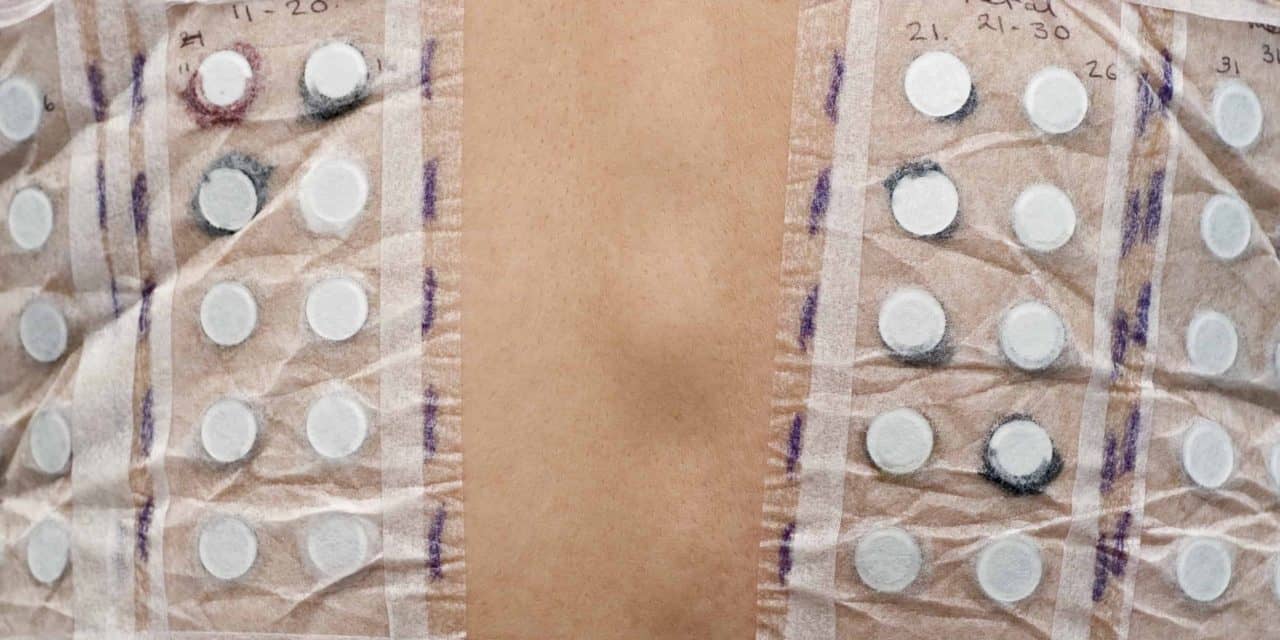The main objective of this study was to investigate monorhinal olfaction after transsphenoidal skull base surgery.
Patients who underwent skull base surgery for midline lesions using an NSF, also referred to as the Haddad flap were assessed for their long-term outcome. Endoscopic examination was conducted, and the bilateral “Sniffin’ Sticks” test before surgery. Each side was tested separately in the postoperative follow-up consultation.
Twenty patients were included in the study. No flap failures were observed. One anterior perforation and one small posterior septal perforation were found during long-term follow-up. None of the patients had nasal breathing impairment, whereas two patients had nose bleeds. A significant decrease in olfactory function was observed on the flap donor site in four patients than that observed in one patient on the opposite side.
The study concluded that NSF reconstructions for midline lesions were efficient and safe in the long term. Olfactory impairment on the donor side was frequently encountered. Although subclinical, these findings justified a monorhinal smell testing before surgery, which possibly prevented bilateral smell impairment in patients with preexisting single-sided olfactory loss.
Reference: https://journals.sagepub.com/doi/full/10.2500/ajra.2017.31.4463


